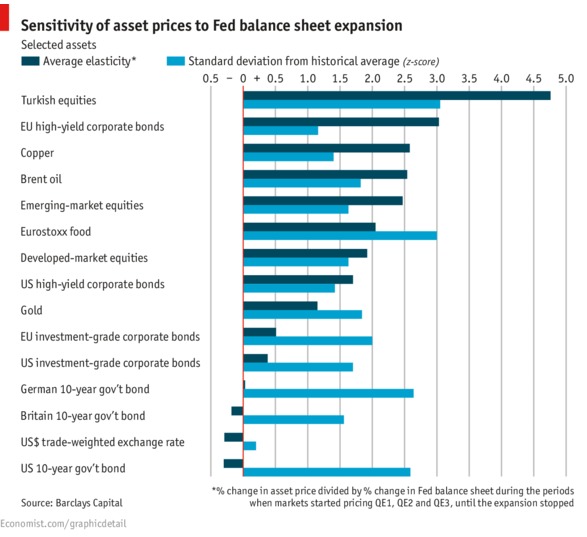The benchmark FTSE All World global capitalization weighted equity index was down 0.62% (net of tax) in June 2016.
The Atlas Capital Global Downside Protected (GDP) portfolio performance (net of fees) in June was up 0.53%, 1.15% ahead of the index.
From strategy inception on June 9, 2015 through the end of June 2016, the GDP strategy has underperformed the FTSE index by 4.88%.

Missed Rebound
In our opinion, the underperformance is primarily the result of the relatively low weight in equities after the January 2016 downturn.
That limited the portfolio’s participation in the sharp rebound of the global equities market, which ran from mid-February to April.
While we are not happy with the underperformance during that short period, the strategy continues to perform as designed, and GDP protected against the downside risks that emerged in June.
Brexit Shock
The GDP strategy went into June with 74% of the portfolio in the stock market. The choice by voters in the United Kingdom to exit the European Union (“Brexit”) roiled markets toward the end of the month.
Most of the GDP positioning choices were beneficial in June. In particular, the strategy was helped by its underweight position in Europe
The other major benefits to performance were from:
Brazil
Brazil has a multitude of problems–a sharp recession and the Zika epidemic–ahead of the summer Olympic games. Even so, Brazilian stocks rocketed up 19.5% in June.
Most of the gain was from a 12.4% rise in the Brazilian currency, which rallied on improved current account balances. We kept Brazil in the GDP strategy going into June because it has more favorable valuation metrics than most other markets.
US Telecoms
The portfolio was also overweight in the US telecom and utilities sectors, with each gaining more than 7% in June as investors sought “safe haven” assets.
Our momentum metrics for the few European markets we owned turned negative enough that we dropped out of all our remaining European positions.
We reduced US holdings by 6%, mainly through a reduction in the financial sector.
Emerging market holdings were increased by 3.1%, through the initiation of positions in the Philippines and Taiwan. Overall, the GDP strategy is now 60% invested in equities, with 40% in short-term fixed income.
Volatility Surge
This is the third time in 2016 that we’ve seen a sudden and large spike in market volatility followed by a rebound.
Is this another false alarm?
We have no way of knowing for sure. But we can examine market fundamentals.
Stock valuations are relatively high in most of the developed stock markets, particularly in the US and there is heightened volatility.
In our opinion, we are in a period of elevated uncertainty regarding the future direction of the world economy and we need to proceed cautiously.
The essential test of this strategy will be in how well it protects our investors in the next major bear market.
Photo Credit: Jussi Ollilia via Flickr Creative Commons


